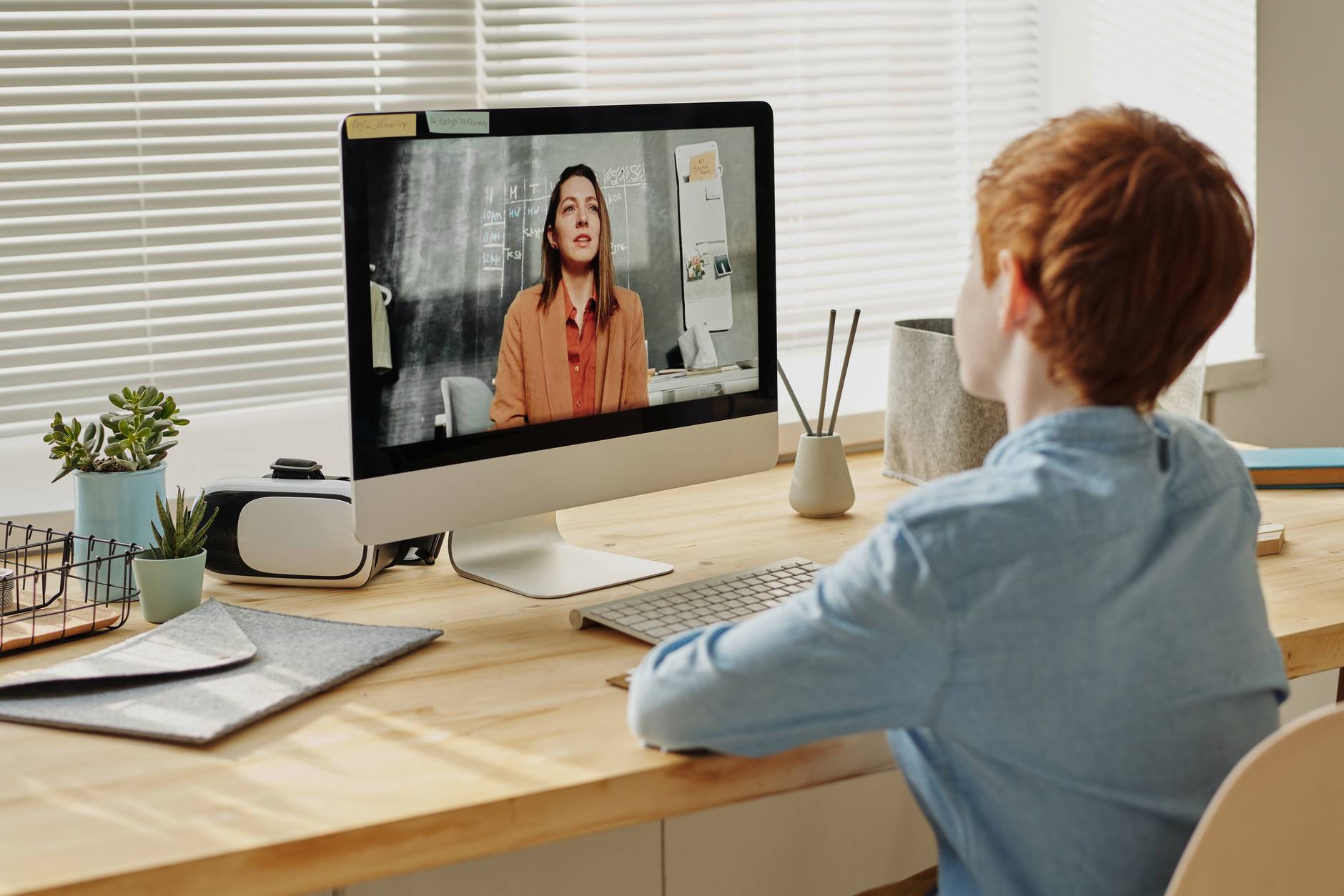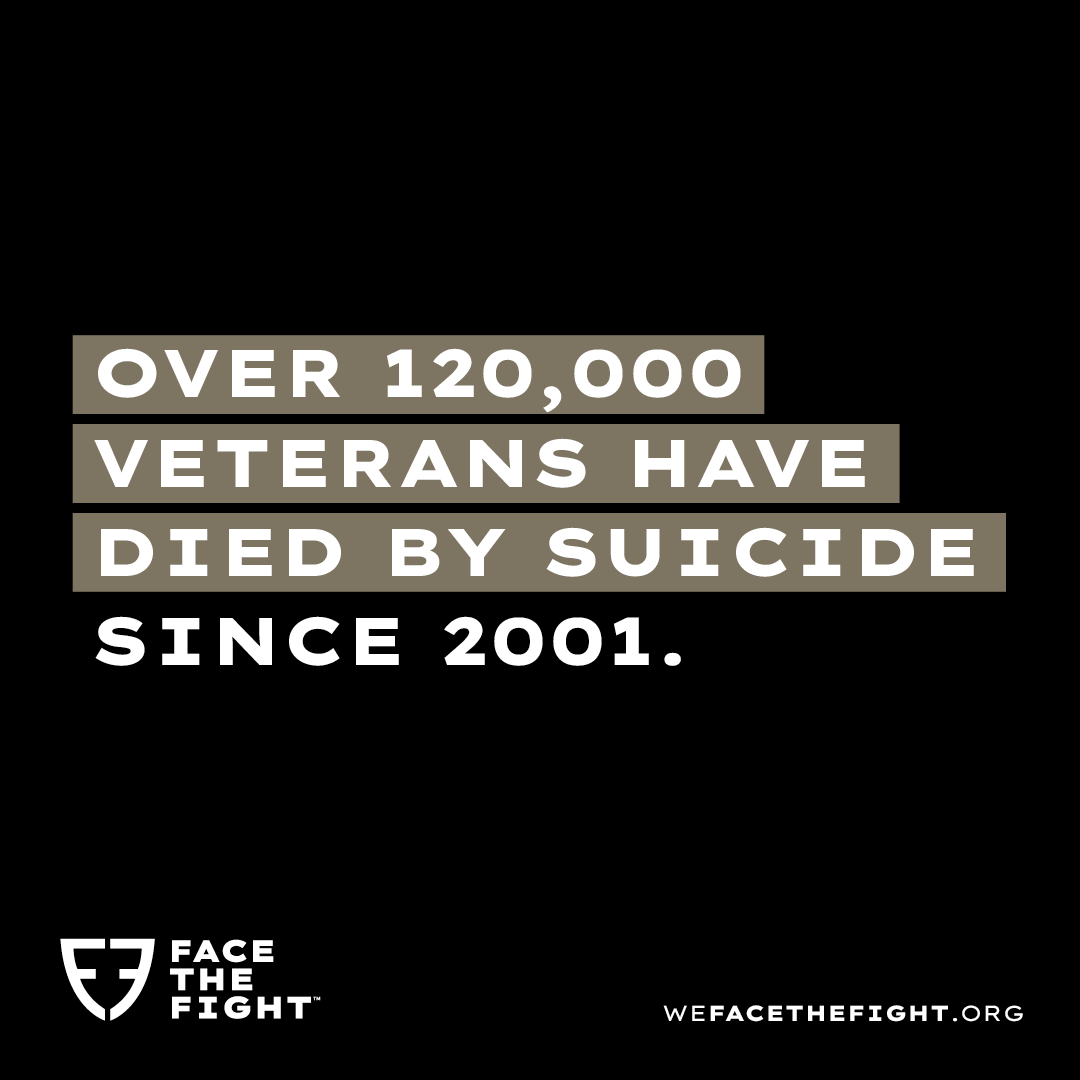
By Nicholas Ibarra | OBSERVER Staff Writer
Schea Cotton, a former basketball phenom, was in his early 20s when he first contemplated #suicide. Every time he would drive across the Vincent Thomas Bridge in Los Angeles, he would go back and forth several times, contemplating his actions.
“I could just veer the car to the right and drop 500 feet down and be dead on impact,” Cotton said. “But I said to myself, ‘What would I leave behind? Who would I hurt? What would I lose in the process?’”
Cotton never jumped the bridge, and used his struggles with #mentalhealth to become a motivational speaker and trainer, sharing his journey with Grant Union High School #students and staff in October.
Cotton, 43, said listening to mentors, reading self-help books, praying, staying close to family, and fighting through the darkness when he was alone helped him escape that depressive mental state.
“It’s not about who you are in a crowd of people,” Cotton said. “It’s about how you handle your losses when you’re by yourself, how you feel at night when you’re going to sleep, and what you’re thinking about when you wake up in the morning. You have to own the day. Do something for yourself to wire your mind to promote positivity.”
Talking about #mentalhealth is not easy. Many people bottle their feelings deep inside until it’s forgotten, which can lead to problems within the self and relationships.
Public health officials see this in the rising rates of #suicide in #Black #youth. A study from the Journal of the American Academy of #Child and #Adolescent Psychiatry (JAACAP) looking at #Black #youth #suicide and the current trends and precipitating circumstances that are causing it found that from 2003 to 2017, #Black #youth experienced a significant upward trend in #suicide. #Mentalhealthproblems, relationship problems, interpersonal trauma, life stressors, and prior #suicidalthoughts and #behaviors were the most common characteristics and circumstances.
#Mentalhealth is so important because it’s “unseen” compared to physical health. If someone breaks their arm, it’s very apparent. #Mentalhealth often produces no physical symptoms. The average person is not trained to know or recognize the many symptoms that present before or during a #mentalhealth episode. Untreated physical and #mentalhealthconditions can become very pervasive and prevalent over time.
Where The #Stigma Is Rooted

Kristene Smith, 52, a #mentalhealthconsultant for over 25 years and a partner with Brother Be Well — a health and wellness website promoting the importance of #mental and physical health — says the problem is rooted in many things, but starts with a “what happens in this house, stays in this house” mindset, which was predominant generations ago. “There was embarrassment and shame if someone was different or had some issue that really needed to be treated,” Ms. Smith said. “Families didn’t have proper education and would fixate around the shame felt in the family if there was something awry with one of their members.”
Ms. Smith said some cultures don’t believe in #mentalhealth. They don’t have a word for it or a response to it — as if it doesn’t really exist. It’s considered demonic or taboo, so it’s not discussed. The afflicted person stays in the house and the family deals with it.
Ms. Smith said those cultures need to be educated, adding that cultural #stigmas are attitudes rooted in historical perspectives that need to change, such as toxic masculinity, which she defined as “the ability or inability of #men to accept a certain role, a #male dominated role that’s been accepted by cultural or social norms.”
“Toxic masculinity exists in most #male cultures,” she said. “#Men from most cultures experienced some type of #stigma related to #mentalhealth or the expression of their feelings.
“The truth is, everybody has something. We have to be more understanding and accepting of one another.”

Christian Jacobs, 41, a #mentalhealthclinician for more than 25 years who’s a partner with Brother Be Well, attributes the #stigma in the #Blackcommunity to historical factors and precursors within the culture. Fuel the future of independent, community-funded news for and about #Black people. Help us reach our end-of-the-year goal so we can cover more of the stories that matter to you.
He referenced #Blacks learning resilience by withstanding subjugation, whether through the transatlantic slave trade or racism in North America. While generally a good quality, studies show that resilience in the #Blackcommunity results in an inability to identify when difficult feelings and emotions arise, or when one should seek help.
Jacobs says #stigma among #Black #men stems from the idea of voicing emotional issues and concerns to a stranger, such as a counselor. “#Black #men have difficulty doing that with their spouses and loved ones, let alone to a stranger,” Jacobs said.
He cites #BlackAmericans’ history of being dehumanized, oppressed and victimized by violence as having cultivated “a uniquely mistrustful and less affluent community experience.”
“Historically, #Black and #AfricanAmericans in #America have continued to be characterized by trauma and violence more often than their #White counterparts, which impacts the emotional and #mentalhealth of both the #youth and #adults; therefore, #Black people don’t suffer the same way as their #White counterparts,” Jacobs said. “The #stigma is specific for all men of color, but for #Black #men in particular, they are affected much differently.”
There’s a myriad of disparities, including inadequate access and delivery of care in the health system, lack of access to culturally competent #therapists, and affordability.
Making Change
Statistically, #mentalhealthissues occur in #Black and #White #Americans at the same rate. That does not, however, account for unreported cases due to lack of available services and/or services not being utilized.
To change stigmatized perceptions, Jacobs said the media, #schools, and the community must look inward and assess how they present and handle the subject.
“Unfortunately, most people are driven by celebrities’ actions and what’s on TV,”
Jacobs said. “Right now, you see a flux of ad campaigns through the NFL, #NaomiOsaka (tennis), and the #NBA where they’re promoting transparency and explaining, ‘I cannot do my job because of my #mentalhealthcondition.’”
Jacobs said celebrities’ disclosures of their #mentalhealthbattles does help address the problem by humanizing the celebrity, which can help alleviate people’s apprehension about sharing their struggles and experience.
“It starts with people not being afraid to share their struggles and their experience,” Jacobs said. “The attitudes follow the progression of programs, services, and funding.
“Education outreach teaches the Millennials and Gen Z’s how to access affordable care and culturally competent #therapists; education outreach — teaching them how to pick a #therapist — shows they have power and the ability to pick who they want to see and be treated by.”
Outreach is needed to reach people in difficult economic circumstances and let them know where to access such services, Jacobs said, so that “safe spaces” can be developed, where #Black folks can find qualified clinicians and talk to culturally competent #therapists they can relate to and who understand the #Black experience.
“The way to get people comfortable, #men in particular, is getting them around other individuals and having that safe space where they can sit down and talk,” Jacobs said. He added that statistics show pervasive conditions such as #mentalhealth and #substanceabuse are best treated in group therapy.
“It helps them see that they’re not alone,” he said.
When #men socialize – often at the barber shop, basketball court or bar – they don’t typically gather to talk about feelings or personal matters, Jacobs said. The social circle matters, but he said it’s important for men, too, to have safe spaces to express emotional issues.
“Having friends is good, but they’re usually not professionals or clinicians,” he said. “There’s something that may come up that they can’t help with or direct you to the right resources,” Jacobs said. “That’s where having that safe space to share is really important.”
Talking About #Suicide
Doretha Williams-Flournoy, 61, senior pastor at A Church For All and peer support specialist, experienced the loss of a loved one to #suicide. She herself experiences moments of #depression, #anxiety and #suicidalideation. Flournoy insists that promoting the importance of #mentalhealth is her calling.
“#Black #youth are increasingly participating in #suicidalbehavior or ideation. They’re thinking, attempting, and some have completed it,” Flournoy said. “The trends are disturbing. #Black #youth are two times more likely to attempt #suicide than their #White counterparts. Those disparities are alarming, especially when White #men, in particular, have always been considered the highest risk and most likely to attempt.”
Today’s #kids are bombarded by media and the internet, which Ms. Flournoy said includes ideas and images that glorify self-harm.
“They have many stressors that influence them — family problems being the biggest one,” Flournoy said.
She said #children are under many stressors, “family problems being the biggest one.” These stressors, known as adverse #childhood experiences, can predict whether a #child will experience #mentalhealth problems such as #suicidalbehavior or ideation.
“It’s really important for us to stay aware of what’s going on with our #youth,” Flournoy said. “We have to start talking to #kids about what and how they are feeling as early as possible to give them the ability to express themselves in whatever way they can.
“The biggest thing these #youth need is mentorship and guidance. We need to rebuild our community into believing that we have the willingness and ability to hang in there and support each other.”
Finding A Safe Space
Sacramento has #Black safe spaces. They’re county operated through the #MentalHealthServices Act (MHSA) and #MentalHealthServices Fund (MHSF), which funds and supports more than $2 billion in programs and services for California counties, including support for #Black safe spaces. People can go talk specifically about their feelings, emotions, the effects of #COVID-19 and how it’s affecting their #children, and so much more.
In 2018, Flournoy was able to start a program in Sacramento called The Living Room, which helps bring awareness to #AfricanAmerican #suicideprevention by helping people find hope and rise above their circumstances and situations.
They studied what #suicide looked like in the #Blackcommunity and found the results startling. They showed #suicide to be less an impulsive act, as often perceived. Instead, it happens over a drawn-out period. People fighting #depression might not so much look it, but “edgy” #behaviors such as #substanceabuse betray their struggles.
“That’s what #suicide looks like in our community — the #behaviors that people engage in when they are trying to escape something in their reality,” Ms. Flournoy said. “#Substanceabuse has been used as a way for people to slowly but surely erode their lives. People have given up early and have then crafted a lifestyle that closes doors rather than opening them.”
#James Donaldson notes:
Welcome to the “next chapter” of my life… being a voice and an advocate for #mentalhealthawarenessandsuicideprevention, especially pertaining to our younger generation of students and student-athletes.
Getting men to speak up and reach out for help and assistance is one of my passions. Us men need to not suffer in silence or drown our sorrows in alcohol, hang out at bars and strip joints, or get involved with drug use.
Having gone through a recent bout of #depression and #suicidalthoughts myself, I realize now, that I can make a huge difference in the lives of so many by sharing my story, and by sharing various resources I come across as I work in this space. #http://bit.ly/JamesMentalHealthArticle
Order your copy of James Donaldson’s latest book,
Celebrating Your Gift of Life:
From The Verge of Suicide to a Life of Purpose and Joy
Keeping Our Loved Ones Safe
Youth can incorporate practices to adjust their mindset about #mentalhealth, such as what they focus on and what they expose themselves to, Flournoy said.
“If you are thinking negatively then you will create negativity,” she said. “If you think positively then you will create positivity. And they need to practice that. If they can feel it then they can walk in it, but the moment they forget about it, they lose it.”
It starts, she said, with #parents changing their own #behavior, followed by emotional development of the #child. #Kids look up to and mirror the actions of those around them, so if a #parent acts out instead of articulating their feelings, the #child will notice and mimic.
“#Parents must try to understand the stressors their #kids are experiencing,” Flournoy said. They need to listen to them and create an atmosphere where #children can talk to them.
“You can talk to your #children till you’re blue in the face. But if they are not talking back to you, then there is no progress being made. Being vulnerable and open with your #child can take the power out of being a #parent, but it goes a long way in developing the relationship you have with them.”
A focus on emotional development allows #kids the opportunity to talk about feelings and gain awareness of how to express them, Flournoy said. She gave as an example the common lament of #parents of #teens, who so often greet questioning with “I don’t know.”
“Given the opportunity to speak without consequences, teens will talk a lot,” she said. “We don’t want to see them incarcerated because nobody ever allowed them to talk about their feelings and the only way they could work it out was to be physical and harm others or themselves. We need to open these possibilities and look at these #kids, and allow them the room to express themselves and grow.”
Brother Be Well focuses on four core components: connection, wellness, positive thinking, and life meaning to create an environment that is healthy and inhabitable for the person and their mind.

“Connection is important to the healing process because it allows people to share similar experiences in a safe space, hopefully resonating with them,” Smith said. “Then they can rely on those relationships, week after week or month after month, to build their own confidence and resilience and take charge of their #mentalhealth because they’re the most important part of their own care system.”
“Everyone has a right to be and feel well — to wake up and experience the positives of life,” Smith said.
Jacobs said wellness is a complex component that the individual must control, but also manage and tailor to their specific needs, including nutrition and its effects on how the brain operates.
“Positive thinking is the essence of #mentalhealth,” Jacobs said. “Every modality that a #therapist teaches, like #CognitiveBehavioralTherapy (#CBT), is based on changing the person’s maladaptive thoughts, meaning to change their path of thinking from negative to positive.”
Smith agrees, citing the importance of having and maintaining adherence to a personal care plan, which can include positive morning affirmations, prayer or meditation, or exercise.
Meaningful lives, Jacobs said, is what we all ultimately seek. We find meaning when our lives’ components are in sync, and through that discovery, he said, we gain clarity on how to contribute productively to society, purging the pervasive negativity about the past that has confined us.
“All these things come together to create a whole life meaning of saying, ‘Even though I have a #mentalhealthcondition, I can be a contributor to society, I can overcome, and I can live a good life,’” Jacobs said.
The post Having The Hard Talk appeared first on The Sacramento Observer.
Help us Continue to tell OUR Story and join the AFRO family as a member – subscribers are now members! Join here!

James Donaldson is a Washington State University graduate (’79). After an outstanding basketball career with WSU, he went on to play professional basketball in the NBA with the Seattle Supersonics, San Diego/L.A. Clippers, Dallas Mavericks, New York Knicks, and Utah Jazz. He also played for several teams in the European Leagues in Spain, Italy, and Greece, and he toured with The Harlem Globetrotters to wrap up his career. James was an NBA All-Star in 1988 while playing center for the Dallas Mavericks. In 2006, James was inducted into the Pac-10 Sports Hall of Fame and also the Washington State University Athletic Hall of Fame. In 2010, James was elected as a board member for the NBA Retired Players Association.
James frequently conducts speaking engagements (motivational, inspirational, educational) for organizations, schools, and youth groups.
In 2010, James was the recipient of the NBA Legends of Basketball ABC Award, awarded for outstanding contributions in Athletics–Business–Community.
He believes in being a role model for success and professionalism to the scores of young people to whom he devotes so much of his time. He currently serves on several boards and committees and is a member of many organizations.
James believes in developing relationships that create a “Win-Win” environment for everyone involved, and in being the best he can be!
For more information about James Donaldson or to request he speak at your event, contact him at:
www.StandingAboveTheCrowd.com
JamesD@StandingAboveTheCrowd.com
1-800-745-3161 (voicemail & fax)
James Donaldson is the author of “Standing Above The Crowd” and “Celebrating Your Gift of Life” and founder of the Your Gift of Life Foundation which focuses on mental health awareness and suicide prevention, especially pertaining to our school aged children and men.
If you’re interested in having James come and speak to your group of young adults, business entrepreneurs, aspiring political and community leaders, and athletic teams, please contact him at jamesd@yourgiftoflife.org and or leave a personal message for him at 1-800-745-3161. Keep up with him and read about how he is reaching out and making a difference in the lives of so many around the world at www.yourgiftoflife.org





